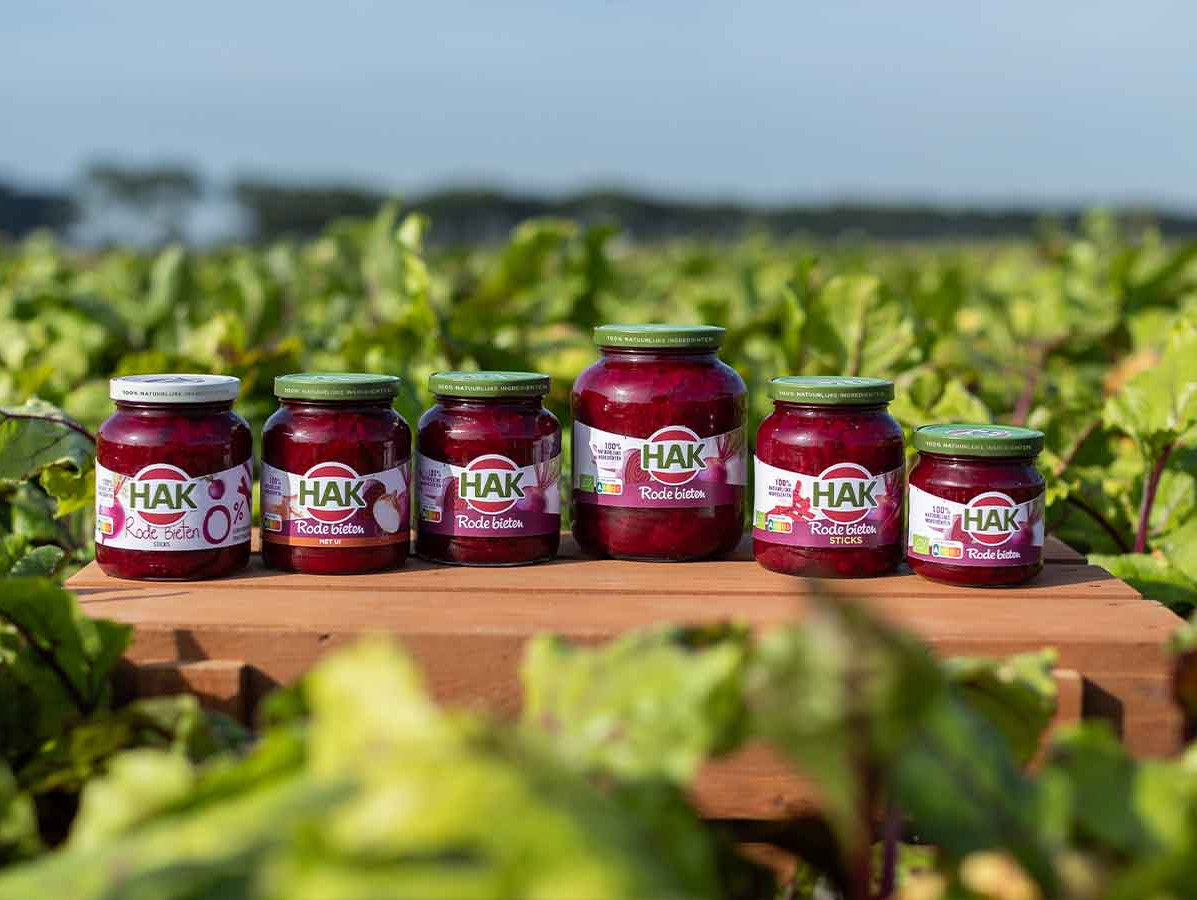
Leading vegetable and legume producer HAK is making a bold move this fall: their very first organic product, the red beet, is set to hit supermarket shelves. But this is only the beginning. With a determined strategy to transition their Dutch cultivation to be fully organic by 2027, HAK is setting a new benchmark for the industry.
What's remarkable about this strategic maneuver is that HAK's organic red beets won't sit on the shelves as a separate product next to their conventional beets. On the contrary, they'll fully replace the current non-organic beets, sending a strong message about HAK's dedication to sustainability.
Choosing the red beet as the trailblazer for this organic venture wasn't a random decision. Red beets are sturdy crops with a relatively short cultivation period, reducing the risks of pests and mold. Moreover, they naturally complement the crop rotation practices of organic farmers.
But HAK's commitment stretches beyond just red beet. They're also actively researching and experimenting with the organic cultivation of other locally grown vegetables and legumes. Kale, sauerkraut, and green beans are already lined up for next year.
For HAK, the move to organic doesn't mean pricier beets. The vegetable and legume manufacturer won't pass on the additional costs of this transition to the consumers. According to HAK, organic shouldn't be a choice but should be widely accessible and affordable for everyone.
Nicole Freid, CEO of HAK, shared her excitement about this transformation, emphasizing the importance of innovation and adaptability. She also discussed challenges, such as sourcing organic ingredients for preserving the beets, and highlighted that, despite uncertainties, shifting to organic is vital for the future of both agriculture and HAK.
HAK aims not only to lead but also to inspire other stakeholders. They stress the need for supermarkets and food manufacturers to collaborate. The message is clear: it's time to unite and make organic the new standard!
Source: HAK